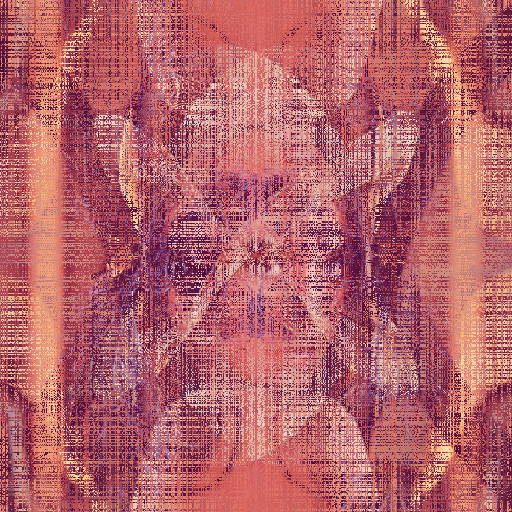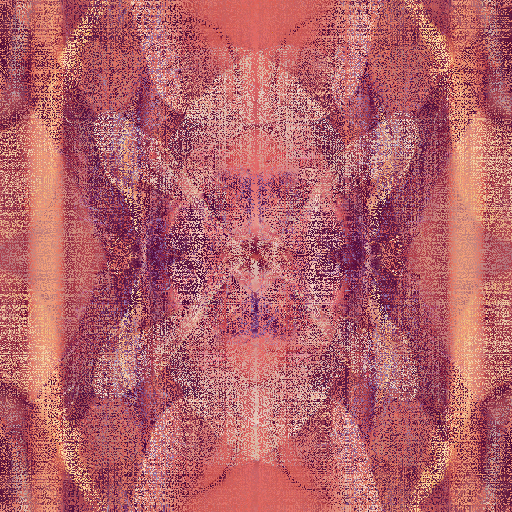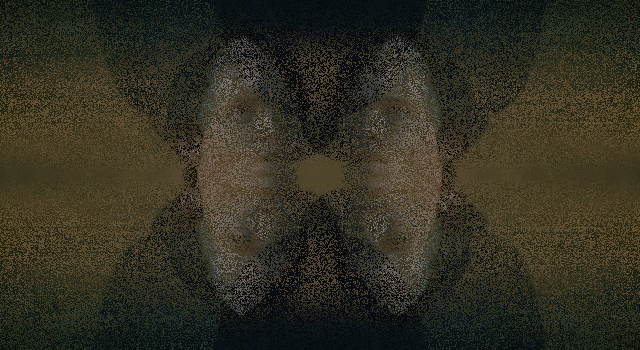Erebus is a work to help you share content on the internet and preserve your privacy.
The algorithm is very simple, basically the rows and columns of the image are flipped (randomly). A key is created in CSV format, and from there, the rows and/or columns that were randomly selected are flipped. The number of moves is decided by the user.
It is planned to improve the algorithm in a future release.
Since Erebus is still under development, only Windows is supported; MAC and Linux will eventually be able to run this.
To encrypt an image you can run the following command:
./erebus -action protect -inputFile ./input/path/example.png -iterations 1000
To decrypt an image you can run the following command:
./erebus -action unprotect -inputFile ./input/path/example.png -keyPath ./key/path/example.csv
Here are some comparisons of the same image being encrypted with a different number of iterations.
| Original | Encrypted (I = 1000) | Encrypted (I = 2000) | Encrypted (I = 5000) |
|---|---|---|---|
 |
 |
 |
 |
Here the execution times are shown, both the generation of the key, as well as those of the encryption (3960 iterations) and decryption processes; for an image with a dimension of 640x350 (frame taken from the movie Like Minds).
| Original | Encryption Key | Encrypted Image | Decrypted Image |
|---|---|---|---|
 |
NA |  |
 |
| NA | 0.692811 seconds | 1.623960 seconds | 0.024757 seconds |
This will come in a future release.
This section is still under construction and it's gonna be released soon.
